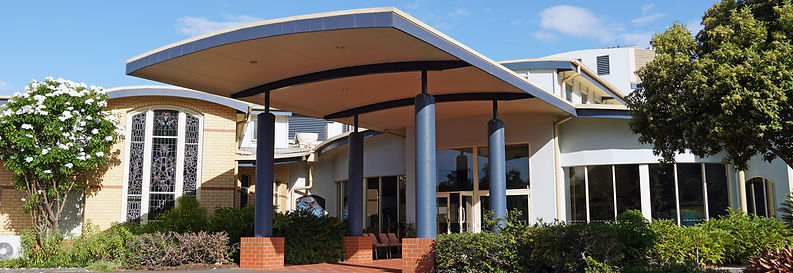Whose Table is it?
- CKCC Community

- Jul 5, 2019
- 2 min read
When we come to Holy Communion, a good deal of focus is on the Communion Table. That in itself is completely to be expected; but whose Table is it? The short answer is of course that it is the Lord’s Table, not ours. On that basis, we might expect to find that here we are drawn closer to our Lord as we are also drawn closer to one another as part of the Body of Christ. But in reality, is the Table a focus of unity or of division? In some ways, perhaps it can be both at the same time.
Think about that Last Supper Jesus had with his disciples, with the cross a matter of hours away. The disciples clearly did not fully understand what was going on; but as the bread and wine was shared, Judas left the group and set out to betray his Lord. When we mistakenly act as though the Table is ours rather than the Lord’s, we too may find ourselves involved in betrayal and division. But as Eugene Stockwell wrote, “The Lord’s Supper is a sacrament supremely fitted for reconciliation”. So, we should consider an example of what unity at the Lord’s Table could mean in practical terms.
Stockwell tells of an experience in Cuba in 1964, which was a dangerous time in that country with the upheaval caused by the Castro Revolution in full swing. He attended a Communion Service in the home of a Methodist layman, while armed militiamen guarded the front door. After a deal of sharing, of prayer and the singing of hymns, they shared the sacrament. The significant point is that around that faithful circle of communicants, there were those who were strongly in support of Castro, and others who were just as strongly opposed to it. Stockwell wrote, “A faithful congregation gave witness that divisive structures out beyond the Church would not divide those who worshipped Jesus Christ and knew themselves to be part of his body”. There is both challenge and inspiration for our own time in that account.
We can get lost amid some of the Theology surrounding the Eucharist, and set limits as if the Table were ours; but it is the Lord’s Table, and we should not approach it too lightly or casually. Instead, we may be nourished by the Lord who is present in the sacrament, and be equipped more adequately to serve the mission of Christ in the world.
Clive W Ayre




%20.jpg)

.jpg)


Comments